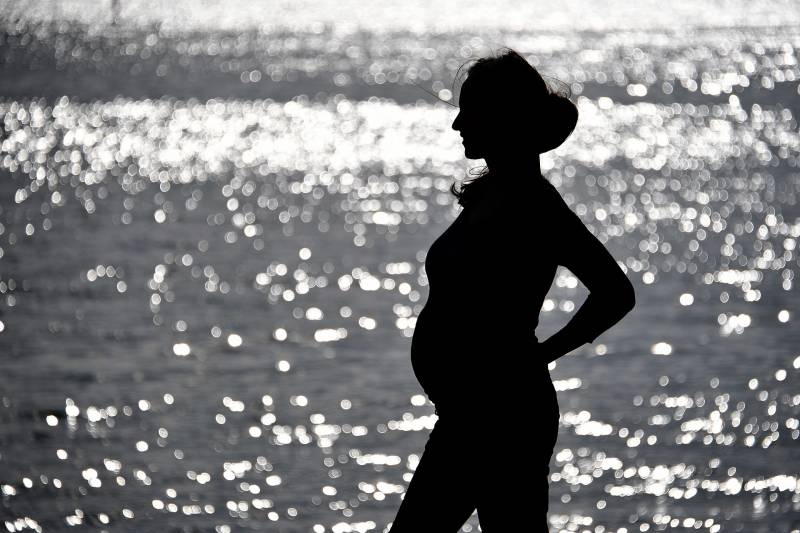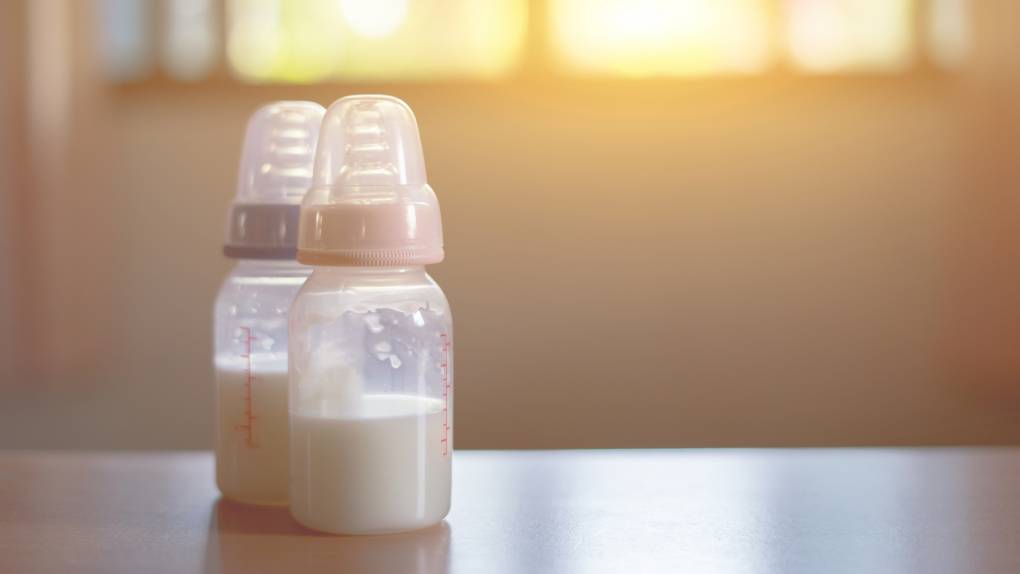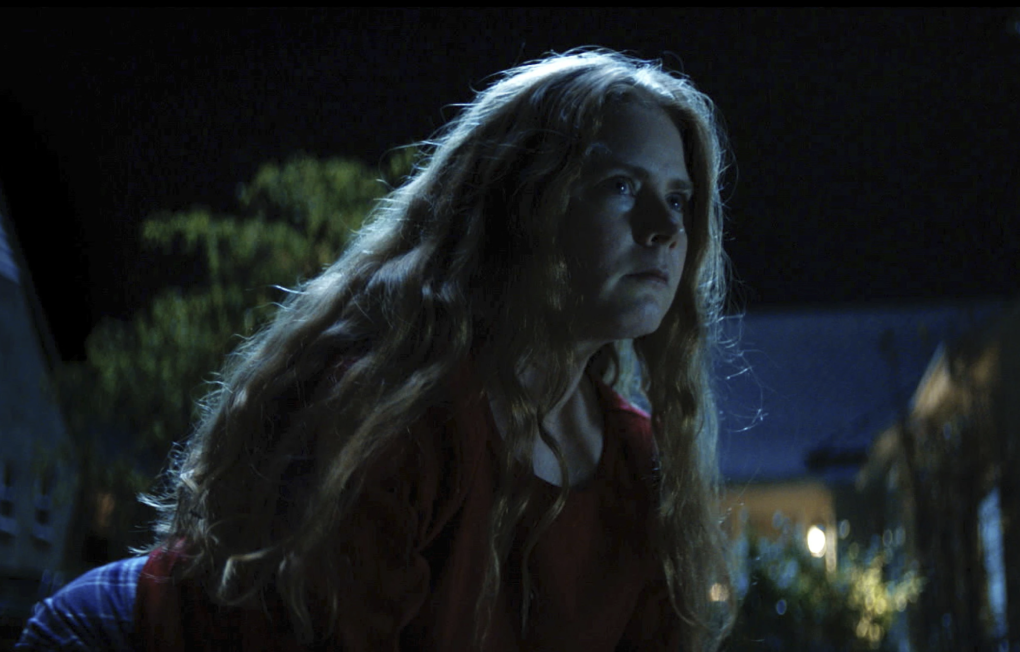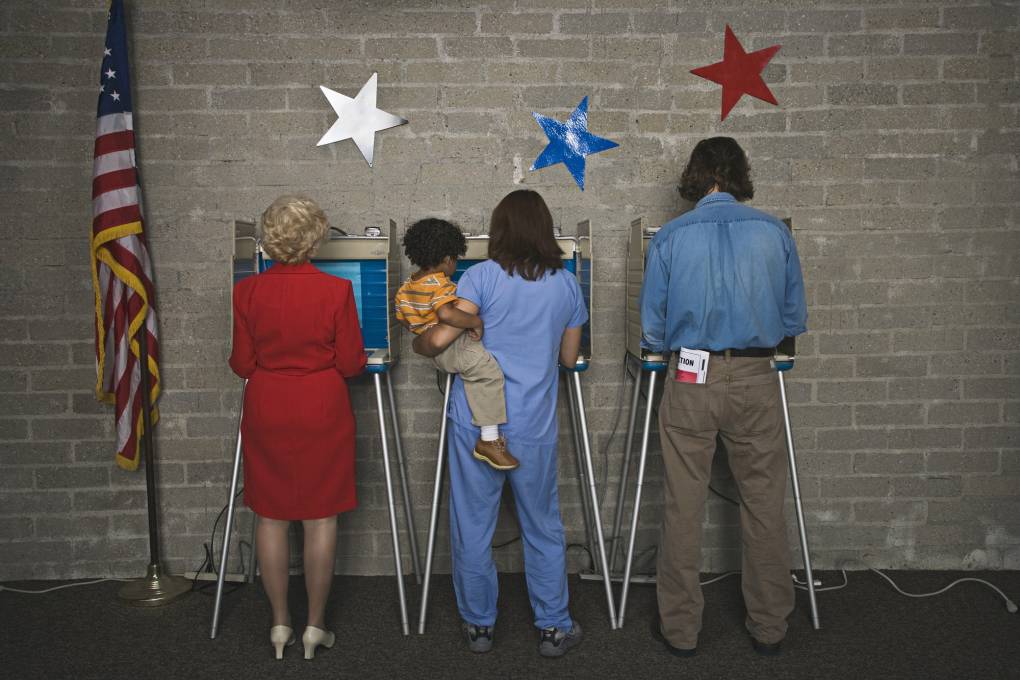It is not exclusive to Saudi Arabia, of course, but patriarchy in Saudi Arabia is especially sharp. I made a vow to myself soon after we moved to Saudi Arabia that I would never allow myself to be in a situation I couldn't walk away from. I felt like I had been sentenced to prison in Saudi Arabia as a teenage girl. And part of that vow to myself was not to get married and not to have children.
Jill, you authored a May 11 essay titled "The Things We Don't Discuss," which asked the question, "Why does the very concept of parental regret engender such outrage?" Can you tell us about the vitriol and backlash that you faced?
Jill Filipovic: The one aspect of parenthood generally, but motherhood specifically, that seems to remain entirely taboo is maternal or paternal regret — not in the sense of, "Oh, I hate my kids and wish they never existed," but just opening up about the ways in which mothers may look at a parallel un-lived life in which they didn't have kids, or had kids later, or had fewer kids and think maybe it looks nicer over there.
And it was an immediate avalanche of overwhelming outrage. You know, essentially people saying that if parents and mothers in particular do regret having children or regret some aspect of parenthood, they're essentially monsters who should keep their mouths shut.
And it was so striking that the conversation about a taboo resulted in this very strong and very angry social enforcement of that taboo. I had many, many women sending me private messages and emails saying, "I wish that there was a space for women to share the complicated feelings around parenthood."
Explaining Why
There is this pressure to explain why you may not want children, but rarely are people asked to justify why they do want children.
Mona Eltahawy: This is Pride Month and I identify as queer. And this is kind of like when someone straight asked someone who's queer, how did you know you're queer? Well, how did you know you were straight? Because the assumption is always in one direction — that the power goes in one direction and never in the other.




